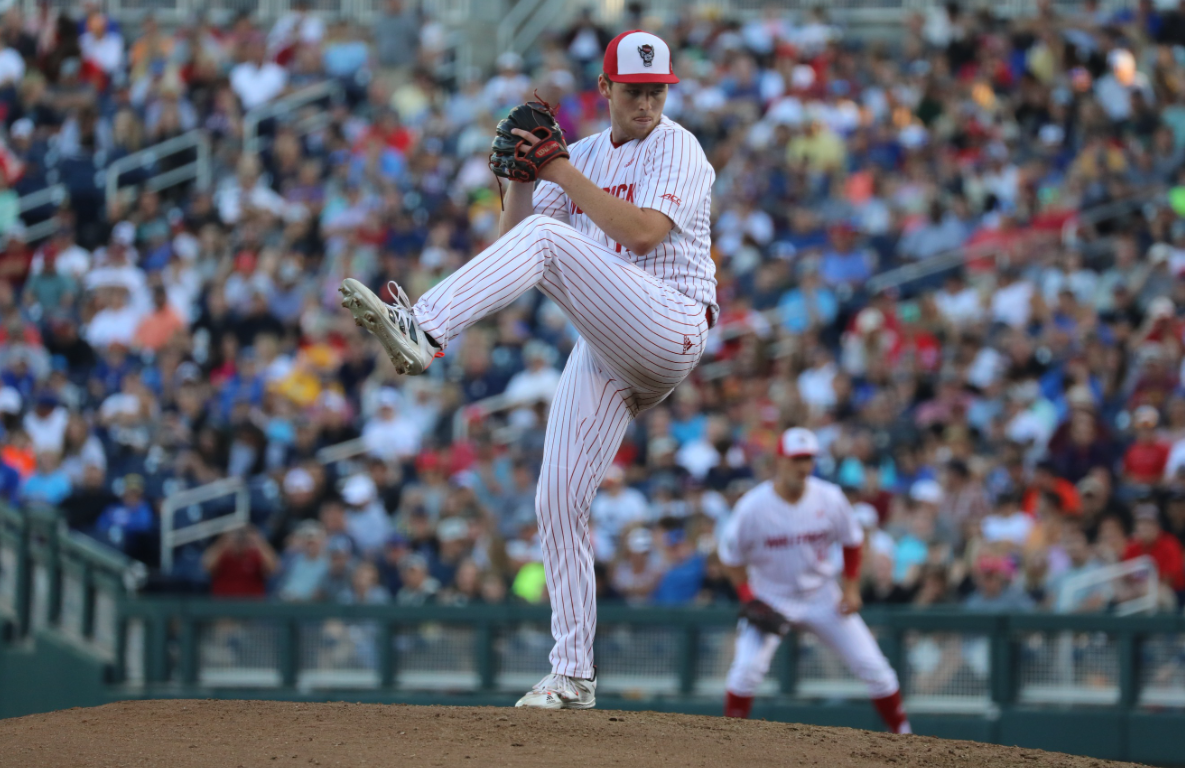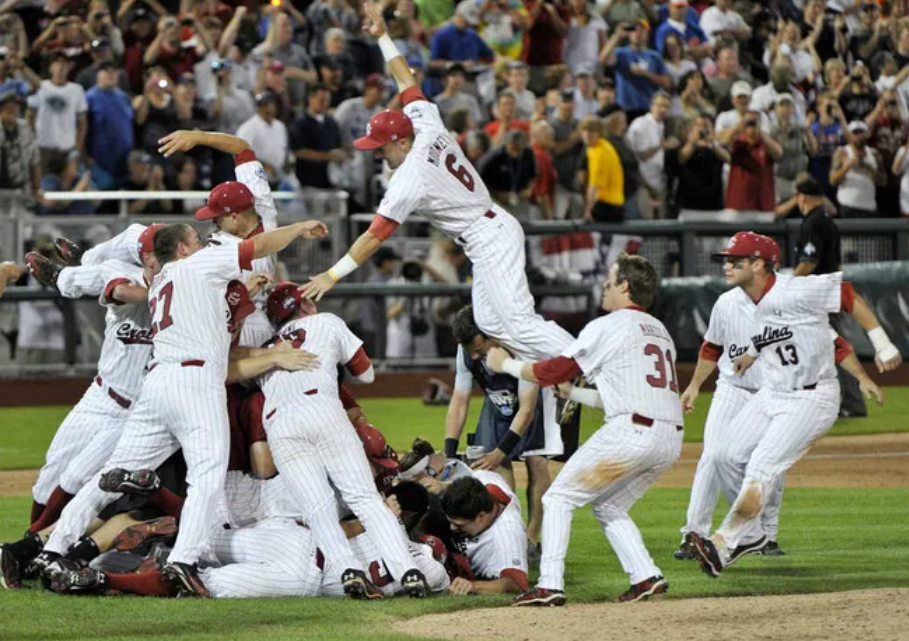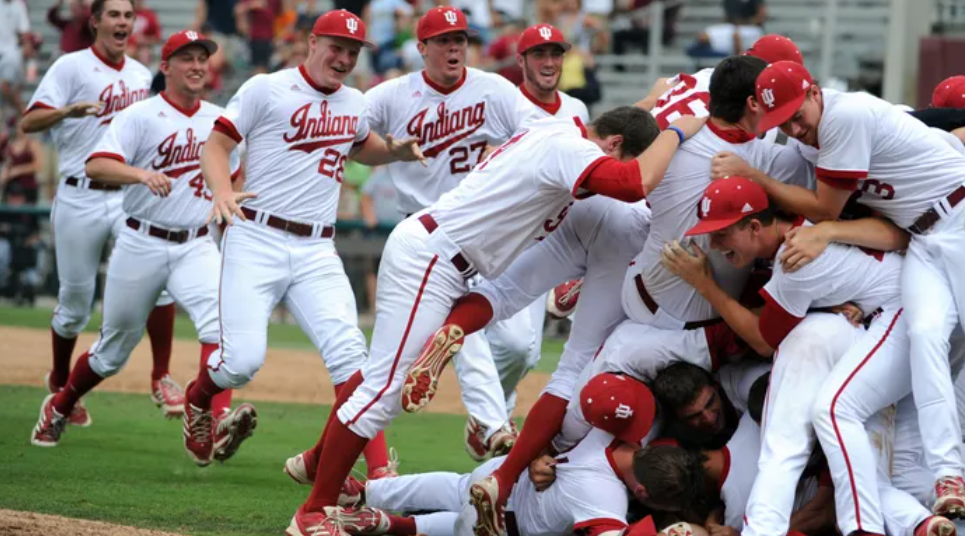Baseball is often described as a game of numbers, and nowhere is this more apparent than in the world of baseball predictions. From fans guessing the outcome of a game to professional analysts breaking down batting averages, ERA, and advanced stats, the sport offers an endless landscape for prediction and strategic analysis. Baseball Predictions of outcomes goes far beyond simply picking a winner. With 162 games in an MLB season for each team, the volume of data and events is immense. Add in pitching rotations, batting matchups, weather conditions, and ballpark factors, and you have a sport that rewards careful analysis, deep knowledge, and attention to detail.
The Allure of Baseball Predictions
Baseball predictions are more than just guesses. They’re a way for fans and analysts to engage more deeply with the sport, applying their knowledge and insights to anticipate future events. Here’s why predicting baseball outcomes holds such strong appeal:
- Data-Driven Sport: Baseball has always been obsessed with stats, making it ideal for prediction through both traditional and advanced analytics.
- Fantasy Leagues and Betting: With millions participating in fantasy baseball and sports betting, predictions are critical to success.
- Strategic Variety: Each game presents unique scenarios involving pitching matchups, batting lineups, and bullpen usage.
- Unpredictability: Despite the data, baseball is filled with unexpected outcomes—making accurate predictions even more satisfying.
Key Factors in Baseball Predictions
Accurate baseball predictions depend on multiple overlapping factors. Understanding these elements can improve how you approach the game analytically and strategically.
- Starting Pitching Matchups
In most games, the starting pitcher has the single greatest influence on the outcome. A dominant ace can shut down even the best offenses, while an inconsistent starter can make for a high-scoring affair. Evaluating current form, pitch count trends, and historical matchups is essential.
- Bullpen Strength
Relief pitching is often overlooked but critical. Late-inning performance can make or break a prediction. Some teams have deep, reliable bullpens, while others struggle to hold leads.
- Lineup Health and Performance
Analyzing which hitters are in form, who’s slumping, or who’s returning from injury helps assess offensive potential. A strong lineup might be weakened by the absence of a star slugger or a leadoff hitter with a high on-base percentage.
- Home vs. Away Dynamics
Some teams perform better at home due to familiarity with the ballpark, fan support, or ballpark-specific advantages. Stadiums like Coors Field in Denver, for example, tend to produce high-scoring games due to altitude.

- Weather and Game Conditions
Wind speed, temperature, and humidity can all influence how the ball travels. Warm, dry conditions tend to favor hitters, while cold or rainy weather might give the edge to pitchers.
- Historical Matchups
Some teams or players consistently outperform certain opponents. This could be due to pitching styles, managerial decisions, or psychological advantages.
- Motivation and Schedule Context
Are teams resting starters ahead of the playoffs? Are they in a must-win situation? A team’s place in the standings often influences its strategy and effort level.
Types of Baseball Predictions
When predicting baseball outcomes, there are several common approaches and areas of focus:
- Moneyline (Straight Winner)
This is the simplest form: which team will win the game. Moneyline predictions require confidence in overall team performance and pitching matchups.
- Over/Under (Total Runs)
Predicting whether the total number of runs scored by both teams will go over or under a set number. This involves analyzing offensive strength, pitching quality, and game-day conditions.
- Run Line (Spread)
In baseball, the standard run line is -1.5 for favorites and +1.5 for underdogs. Predicting whether a team will cover the spread adds complexity and potential reward.
- Player Props
These include predicting player performances—home runs, strikeouts, hits, or RBIs. It requires a deep dive into individual trends and matchup data.
- Series and Futures Predictions
Looking ahead to outcomes beyond a single game, such as series winners, division champs, MVPs, or World Series outcomes.

How Experts Make Baseball Predictions
Baseball analysts don’t rely on luck—they use a structured, data-informed approach. Here’s how expert predictors break down games:
- Statistical Models
Many pros use advanced statistical tools and formulas that include sabermetrics. Key stats include:
- ERA and FIP (Fielding Independent Pitching): Used to evaluate pitcher effectiveness, removing defense from the equation.
- BABIP (Batting Average on Balls In Play): Helps identify over- or under-performance.
- wRC+ (Weighted Runs Created Plus): Compares a player’s total offensive value to league average.
- Situational Analysis
Experts assess current context—fatigue, travel, recent performance, and psychological factors—to make sense of the numbers.
- Injury Tracking
Updated injury news is critical, especially for pitchers and middle-of-the-order hitters who impact team output dramatically.
- Watching Games
While data is essential, experts often combine statistical knowledge with firsthand observations. Seeing how a player swings, how a pitcher looks, or how teams respond in pressure moments matters.
Common Challenges in Baseball Predictions
Even with all the data in the world, baseball remains unpredictable. Here are some reasons why predictions fail:
- High Variance: The best teams still lose around 60 games per season. Upsets happen often.
- Slumps and Hot Streaks: Hitting is streaky. A player might go 0-for-20, then homer in four straight games.
- Bullpen Implosions: A great start can be ruined by a poor relief outing in the eighth or ninth inning.
- Managerial Decisions: Pitching changes, pinch-hitters, and defensive shifts can all alter the outcome.
- Weather Delays and Cancellations: These can interrupt rhythm or lead to game rescheduling, throwing off momentum.
Improving Your Own Baseball Predictions
Want to get better at predicting baseball games? Here are some practical steps to build your skills:
- Focus on Fewer Games: Instead of predicting an entire slate, focus on a few key matchups you can analyze deeply.
- Track Your Results: Keep a log of predictions and reasons. This helps identify what works and what doesn’t.
- Follow Reliable Sources: Read pre-game analysis, injury updates, and expert breakdowns.
- Understand Regression: Players and teams often return to statistical norms after prolonged hot or cold streaks.
- Use Weather and Park Factors: Pay attention to ballpark dimensions and conditions—some parks are pitcher-friendly, others favor hitters.

Role of Intuition in Baseball Predictions
Even with data and models, there’s still a place for instinct in baseball predictions. Sometimes you notice a player’s body language, see a trend others miss, or recognize when a team is “due” for a change in fortune. Successful predictors often blend data with experience and intuition to get the best results.
Baseball predictions are a fascinating mix of logic, numbers, and uncertainty. The sport’s rich data ecosystem allows for deep analysis, while its inherent unpredictability keeps it exciting. For fans, forecasters, and bettors alike, the challenge of forecasting baseball outcomes offers endless engagement with the game.
Whether you’re a casual fan trying to guess today’s winners or a seasoned analyst working through detailed stats, understanding the intricacies of the sport will always give you an edge. The more you watch, study, and predict, the better you’ll get—not just at forecasting outcomes, but at appreciating the deeper layers of baseball itself.


